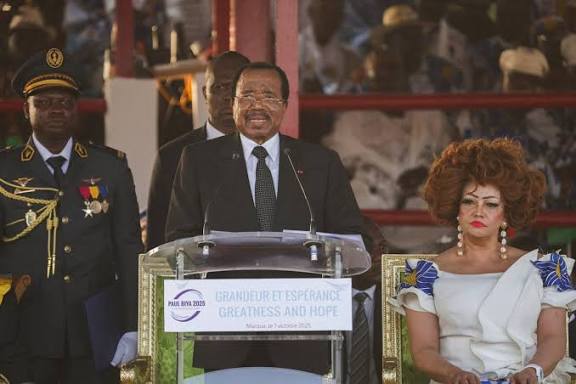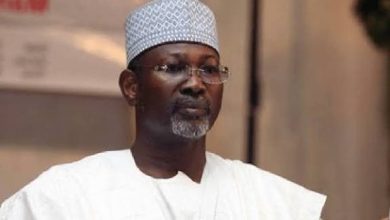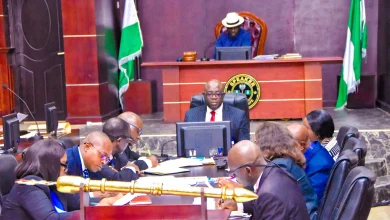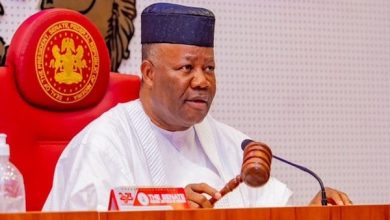Cameroon’s Paul Biya secures 8th term amid controversy, unrest

Cameroon’s long-serving President Paul Biya, 92, has been declared the winner of a disputed eighth term in office, officially receiving 53.7 per cent of the vote, according to the country’s Constitutional Council.
Biya’s closest rival, former government minister Issa Tchiroma Bakary, garnered 35.2 per cent.
The announcement on Monday confirmed expectations that Biya, the world’s oldest sitting head of state, would retain power.
Critics have described the electoral process as increasingly tilted in the incumbent’s favor, amid longstanding allegations of vote manipulation.
The official result comes after a week of unrest across the country, as supporters of Tchiroma disputed preliminary vote counts that he claimed showed him winning 54.8 per cent of the vote.
Security forces clashed with protesters, particularly in Cameroon’s largest city, Douala, leaving at least four people dead and several officers injured, authorities reported.
Samuel Dieudonne Ivaha Diboua, the regional governor, said demonstrators attacked a gendarmerie post and police stations in two districts.
Witnesses described the use of live ammunition following the deployment of tear gas, with protesters collecting spent bullet casings at the scene.
Tchiroma had earlier urged his supporters to march peacefully despite a government ban on public gatherings, emphasising a legal challenge to the results.
However, the demonstrations turned violent in multiple regions, underscoring deep divisions over the legitimacy of Biya’s victory.
Paul Biya has been Cameroon’s second president since the country gained independence from France in 1960.
Over his 43-year tenure, he has maintained control through political repression, careful management of social unrest, and strategies aimed at curbing separatist movements.
His administration has faced repeated criticism from human rights groups for stifling dissent and limiting the activities of opposition parties.
The Constitutional Council’s validation of Biya’s eighth term ensured he would remain in office for another seven years, despite widespread domestic and international scrutiny over the credibility of Cameroon’s electoral process.
As the nation grapples with the aftermath of the election, questions remain about the prospects for political stability and the ability of opposition voices to operate freely under a government that has long relied on centralized authority and strict security measures.



